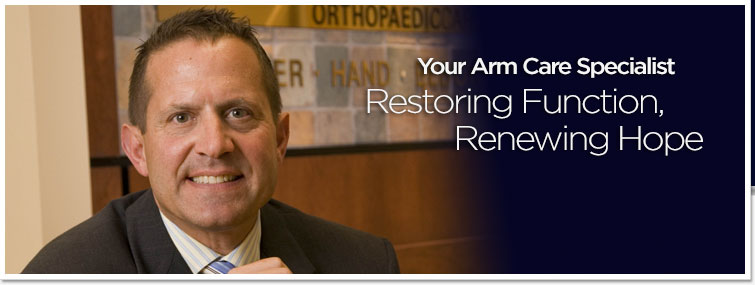Our Practice has MOVED
Our new location is:
Suite 405
1815 South Clinton Ave
Rochester, NY, 14618.
The NEW phone number is 585-565-3500

585.565.3500
Fax Number:
585.434.4081

The Learning Horizon and the Limits of Experience
”Horizon” has many different meanings:
1. The apparent junction of earth and sky
2. The limit or range of a person’s knowledge, understanding or experience
3. The limit of what is possible in a particular field or activity
Senge uses the 2nd definition, and his book deals with the importance of a Systems perspective when it comes to problem solving, assessing one's current reality, and learning. An “Event perspective” results in reactionary responses that too often result in only short-term fixes. A “Systems perspective” is generative---creating novel and more long-term solutions, enabled in most cases by seeing the interconnectedness of larger systems and the consequences of individual responses.
Senge underscores that personal mastery begins with a profound look within our own frame of reference—our own perspective or mental model---in order to identify and challenge tacit assumptions from what we truly know based on facts.
So much of what may drive our behaviour may originate from what we are taught, personal bias, and interpretation, as opposed to direct observation.
Senge underscores the potential delusion of learning from experience—writing “that we learn through taking an action and seeing the consequences of that action—then taking a new and different action.” He raises the question: “what happens if the primary consequences of our action are in the distant future or are in a distant part of the larger system within which we operate?”
Our “learning horizon” is the breadth of vision in time and space within which we assess our effectiveness. When our actions have consequences beyond our learning horizon, he writes, “it becomes impossible to learn from direct experience.”
Someone may have 20 years of experience, and another may have 1 year of experience multiplied 20 times. Herein lies the core learning dilemma according to Senge—“we learn best from direct experience, but we never directly experience the consequences of many of our most important decisions.” Hence experience has its limits potentially---it may come in different shades and colors, if you will.
As an Orthopaedic surgeon---my learning horizon must be cumulative—not short-term. As we say—“nothing ruins a great result like long-term follow-up.” As much as possible it should come from direct observation or from unbiased vetting of trustworthy sources—literature and colleagues-- not overstated or based on a myopic horizon. Even that “experience” could be delusional.
So, our experience is indeed like an Onion, and we need to peel back the onion to ensure that we are not practicing based on unsubstantiated assumptions or strong feelings without direct evidence or observation.
Our experience is critical. It is the way we frame our expertise and accomplishments over time in order to build trust before a patient may elect to undergo treatment. We must, however, be brutally honest when we extol our experience, and be mindful of Senge’s compelling caveat regarding “learning horizon”--- the breadth of vision in time and space within which we assess our effectiveness.
Replies
No replies!



